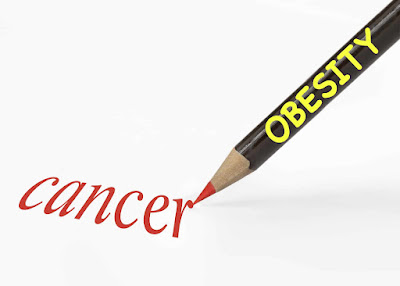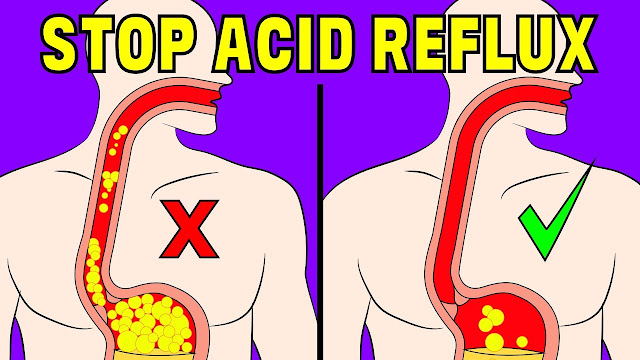Lifestyle And Nutrition: Six Strategies To Lower Your Risk Of Cancer
.jpg)
The good news is that there are a number of things you can do to lower your risk of developing cancer. Four out of ten cases of cancer are preventable, meaning that lifestyle changes or avoiding certain risk factors could have prevented them from developing. In the UK, there are over 350,000 cases of cancer annually, and one in two people will get cancer at some point in their lives.
1. Give up smoking
More than any other lifestyle factor, smoking raises your risk of developing cancer. It is connected to around one in six instances of cancer in women and roughly one in five cases in males. Lung cancer is the most prevalent of the at least 15 cancer forms that it can cause.
Smoking is associated with a wide range of cancers because the harmful chemicals in cigarettes, cigars, and pipe tobacco enter your bloodstream and travel throughout your body. The best thing you can do for your health if you smoke is to quit. No time is ever too late.
The largest risk factor for cancer is the length of time you have smoked. Your chances of preventing smoking-related cancer increase with the time it takes to quit.
2. Stay away from alcohol
Like smoking, drinking alcohol is associated with a number of cancers. When you consume alcohol, your body produces acetaldehyde, a poisonous substance that can harm your DNA.
Avoiding alcohol is the best option. Be careful to drink alcohol sparingly if you do. It is recommended that you not regularly consume more than 14 units of alcohol per week in the UK.
Additionally, it is recommended that you spread out your alcohol use over the course of the week and ensure that you have multiple days without drinking.
3. Hold onto a healthy weight
Obesity raises the risk of heart disease, diabetes, and cancer, among other major complications.
Excess body fat can lead to inflammation, elevated levels of the growth hormone insulin, and oestrogen, which is important for female sexual and reproductive development. These variables all promote the formation of cancer cells.
Overweight has been associated with several malignancies, including the most challenging-to-treat oesophageal, gall bladder, and pancreatic tumors.
Determine your body mass index (BMI) as a quick approach to see if you are overweight. You can determine if your weight is appropriate for your height by looking at your BMI score. Although every individual is unique, most people consider a BMI of less than 25 to be a healthy weight.
By entering your height and weight into an online BMI calculator, you can quickly determine your score. Exercise and a better diet go hand in hand if you need to reduce weight. Cut back on portion sizes and steer clear of items like alcohol, fatty meat, and dairy products that are high in sugar and saturated fats. You can reduce your intake of harmful foods by keeping a food journal, which is a useful tool for tracking your intake.
4. Eat a balanced diet
In addition to lowering your risk of acquiring several serious disorders like diabetes, cancer, and heart disease, eating a healthy diet is one of the greatest methods to take care of your general health.
You can lower your risk of cancer in other ways besides maintaining a healthy weight with a balanced diet and the appropriate number of calories. A healthy diet may help prevent one out of every 20 malignancies, according to research.
A healthy diet usually consists of 25% protein from a good source (such fish, beans, or eggs), 25% wholegrain carbohydrates (like potatoes, brown bread, or brown pasta), and 50% fruit and vegetables.
Reduce or eliminate processed and red meat
Consuming red and processed meat raises your risk of developing bowel and colon cancer. Bacon, cured meats, and sausages are examples of processed meat. Beef, lamb, and pork are examples of red meat. Your risk of developing cancer can be decreased by avoiding or consuming fewer of these foods. Consider having meat-free days or converting to fish or chicken.
Get more fiber
Additionally, consuming meals high in fiber will lower your risk of colon cancer. Adults in the UK are recommended to consume at least 30g of fiber daily. Two slices of wholemeal bread have roughly 7g of fiber, whereas a piece of whole wheat pasta contains approximately 9g.
By encouraging frequent bowel movements, fiber helps your body eliminate toxic substances from diet. Additionally, it contributes to the production of butyrate, a fatty acid that fuels intestinal cells and promotes intestinal health by reducing the growth of cancer cells.
5. Engage in physical activity and exercise
Being physically active and exercising not only helps you maintain a healthy weight, but it also lowers your risk of breast cancer.
Elevated insulin or oestrogen levels in the body can cause breast cancer. You can lower your levels of both of these hormones by exercising.
Any action that causes you to feel at least slightly out of breath qualifies as physical activity. This could include regular activities like walking, housework, or gardening, as well as specialized workouts like cycling or jogging.
The government recommends engaging in moderate activity for at least 150 minutes or intense exercise for at least 75 minutes per week.
6. Prevent sunburn
We all require some sun, but excessive sun exposure should be avoided. Ultraviolet (UV) light from the sun can harm the DNA in your skin cells and raise your risk of getting skin cancer.
Use sunscreen that prevents skin scorching, stay out of the noon sun, and wear a helmet and t-shirt if you're going to be outside in the sun, especially from April to October in the UK.
Avoid using sunbeds altogether because their light also emits UV rays. Using cosmetic tanning treatments is safer.
RELATED; READ MORE ON CANCER HERE


%20(1).jpg)

%20(19).jpg)
%20(6).jpg)